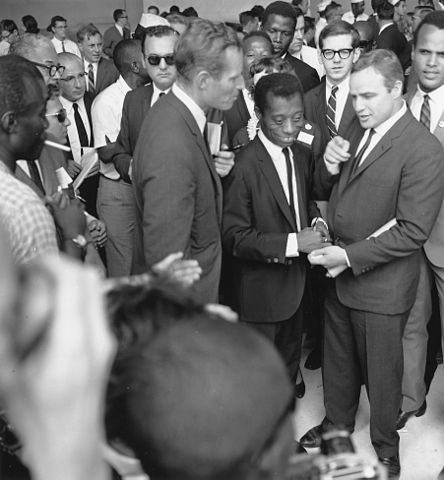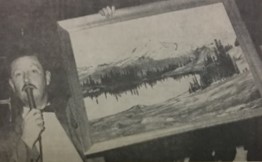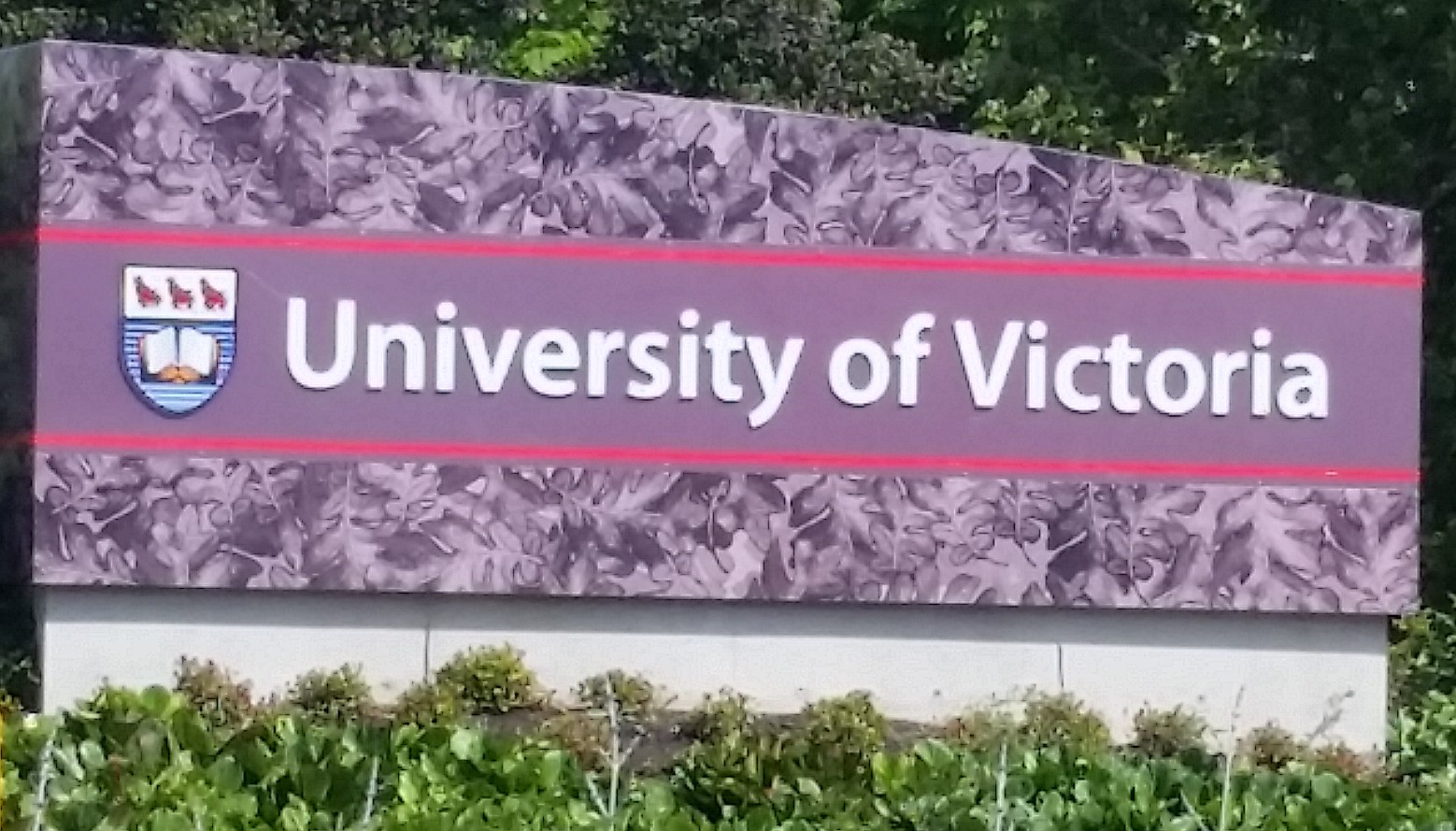James Baldwin and the Duty of Education
In 1963, James Baldwin published “A Talk to Teachers” in Saturday Review. (When he gave the speech, Baldwin called it “The Negro Child–His Self-Image.”) As many of his essays did, this piece showed America as it was, not as it was imagined or mythologized. Sadly, his reminders remain relevant half a century later.



 bother to look and listen. Yet, reconciling the successive, overlapping, or competing pasts in one place can confound the historically inclined. It did me on a visit to the
bother to look and listen. Yet, reconciling the successive, overlapping, or competing pasts in one place can confound the historically inclined. It did me on a visit to the